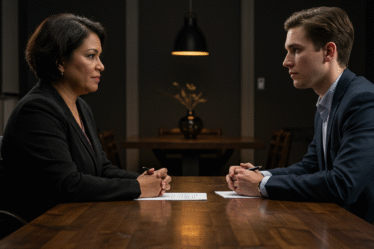
We carry the echoes of past relationships, like invisible baggage, into our present romantic endeavors. These ghosts, both positive and negative, subtly influence how we perceive love, choose partners, and navigate the complexities of intimacy. Understanding their impact is crucial for building healthier, more fulfilling connections.
Our earliest attachments, particularly with primary caregivers, lay the foundation for our relationship blueprints. A secure attachment style, fostered by consistent love and support, often translates into a confident approach to relationships, characterized by trust and emotional availability. Conversely, insecure attachments, stemming from neglect or inconsistency, can manifest as anxiety, clinginess, or avoidance in adult relationships. These patterns, while deeply ingrained, are not immutable. Recognizing them is the first step toward rewriting the script.
Past romantic relationships also leave their mark. Heartbreak, for example, can leave us guarded and hesitant to open up again. We might erect emotional walls, subconsciously fearing a repeat of past pain. On the other hand, positive experiences can bolster our belief in love and strengthen our capacity for intimacy. The lessons learned from previous partners – about communication, compromise, and personal boundaries – shape our expectations and influence how we approach new relationships.
Consider a scenario where someone experienced infidelity in a previous relationship. This betrayal might lead to trust issues in subsequent partnerships, manifesting as jealousy or possessiveness. Alternatively, if someone consistently felt unheard or undervalued in past relationships, they might enter new ones with a heightened need for validation and affirmation. These tendencies, while understandable, can create friction and impede the development of healthy intimacy.
The key to navigating the influence of past relationships lies in self-awareness. Reflecting on past experiences, identifying recurring patterns, and understanding how they impact our present behavior is essential. Journaling, therapy, or even honest conversations with trusted friends can help illuminate these hidden dynamics. By acknowledging the ghosts of relationships past, we can begin to disentangle ourselves from their grip and consciously create the loving, fulfilling relationships we deserve.
Ultimately, understanding the influence of past relationships is not about assigning blame or dwelling on past hurts. It’s about gaining insight into our own emotional landscape and equipping ourselves with the tools to build stronger, healthier connections. By acknowledging the past, we can pave the way for a more fulfilling future in love.



